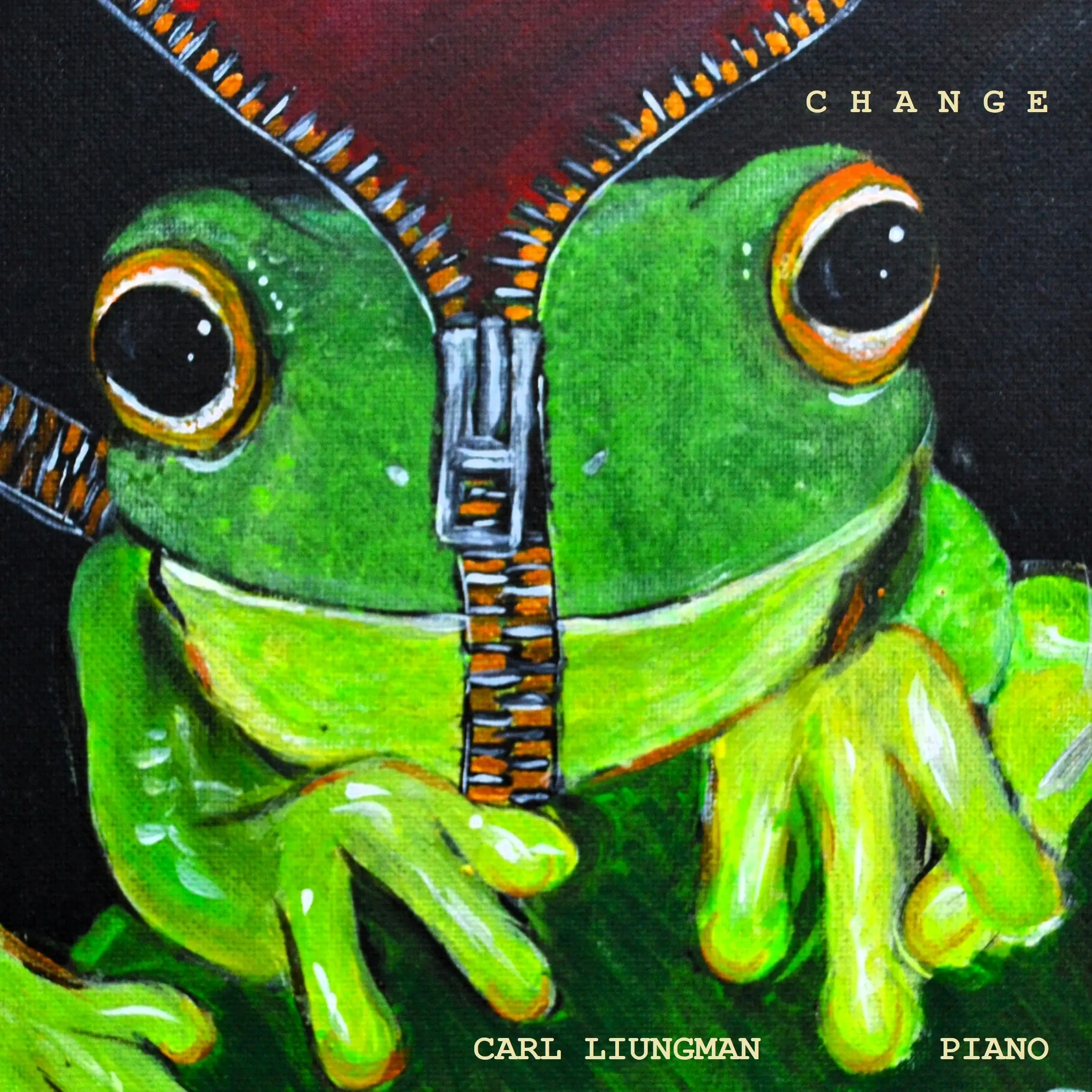Starchild’s Butterfly is what happens when you take queer joy, emotional trauma, and a stack of dance-punk records, throw them into a glitter cannon, and aim it directly at your heart. It’s loud. It’s messy. It’s absolutely trying to make you cry on the dance floor, and it will succeed; not because it’s manipulative, but because it’s sincere, which in 2025 feels practically radical.
To call this album “genre-defying” is accurate but also kind of beside the point. Butterfly isn’t trying to break genre rules as much as it’s pretending that they never existed in the first place. It’s emo. It’s pop. It’s punk. It’s reggae? Sure. It’s disco. It’s a seance conducted with a synth pad and a cracked glitter nail. You’ll hear echoes of everything from early 2000s Hot Topic-core to the kind of indie-pop that plays in queer coffee shops with $11 croissants. But somehow, it all fits, because what Starchild is doing isn’t pastiche; in a sense, it’s self-mythology.
The album is, at heart, a story about learning to love the people in your life on purpose, which sounds simple until you actually try it. It’s about the weird, terrifying intimacy of being vulnerable with people you adore. And it’s not always pretty. That’s the point. Songs like “PG-13” take that intimacy and wrap it in neon-punk sarcasm, while “Sex is Good for Stress” is what happens when a breakup, a dance track, and a therapist’s advice have a weird little polycule of itself.

“She Waits In Silence” is the somber ballad that’s also a club pop track and it’s the kind of emotional bait we all knew would appear on Butterfly eventually. What we weren’t ready for was how hard it would hit. It plays like the slow-motion scene in a queer coming-of-age film, right at the part where the protagonist finally admits they’re hopelessly in love with someone they’re absolutely not going to text. But not a sanitized Netflix queer teen movie. No, this is a Sean Baker film: sun-bleached, shot on 16mm, and emotionally devastating in a way that sneaks up on you between the synth pulses. It’s gorgeous, but there’s dirt under its nails. The emotional tension isn’t resolved, because of course it isn’t. That’s not the point. It’s the ache that matters. It’s iconic.
And just when you’re thinking, “Wow, I’d love to lie on the floor and dissociate to something even more emotionally ruinous,” Butterfly obliges with “Emily.” Now this is your textbook ballad but also, weirdly, a dead ringer for a Passion Pit B-side from Gossamer, if Passion Pit had ever decided to write sincerely about a real human being and not just, like, the abstract idea of heartbreak. “Emily” is delicate, wistful, and drenched in longing. It floats where “She Waits In Silence” claws, and the contrast works. It’s the come-down cry after the club. The moment when the mascara is already halfway down your face and you’re trying to remember whether vulnerability is a blessing or a curse.
And while it may feel like a lost 2012 indie pop track, don’t mistake its softness for nostalgia. There’s something quietly sharp buried under the shimmer. A very real love, a very real loss. It’s not interested in impressing you, it just wants you to feel something real before the beat picks back up again. And in the case of “Emily”, it’s the feeling of missing and longing for someone.
Then there’s “Butterfly” itself: the title track, the thesis statement, the shimmering altar at the heart of this glittery, chaotic temple. It’s not just about transformation. It is transformation. It’s the moment in the anime where the protagonist levels up emotionally and also gets hotter. It’s divine feminine energy on a delay pedal. It’s worship music for people who’ve had to become their own gods.
Production-wise, Butterfly walks a tightrope between bedroom pop chaos and DIY punk precision. It’s lo-fi where it needs to be, pristine when it hurts to be, and always deeply, annoyingly intentional. Even the imperfections feel like little offerings to the gods of queer catharsis. And the vocals? Not about perfection either. They’re raw, shifting; sometimes cracked, sometimes whispered, sometimes shouted with the energy of someone who needs you to hear them. It’s emotionally unstable in the best way.
What makes Butterfly by Starchild remarkable is that it’s not trying to universalize the queer experience. It’s letting one very specific, very brilliant voice tell their truth and trusting you to find yourself in the noise. And somehow, you do. Because beneath all the glitter and synths and righteous chaos, Butterfly by Starchild is offering something most albums are too scared to: sincerity. And it’s beautiful.
Follow Starchild
About the Author

A tenured media critic known working as a ghost writer, freelance critic for various publications around the world, the former lead writer of review blogspace Atop The Treehouse and content creator for Manila Bulletin.









